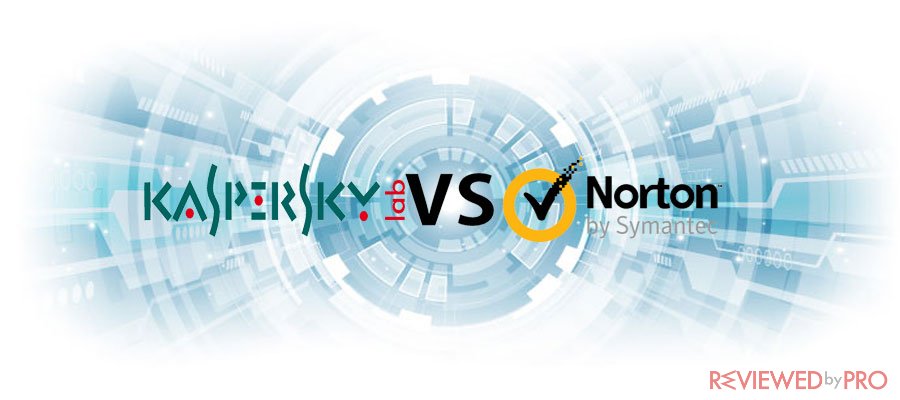Norton teams up with Symantec’s Security Technology and Response (STAR) division, which is a global team of security engineers, virus hunters, threat analysts, malware analysts, and researchers that provide the underlying security technology, content, and support for all Symantec corporate and consumer security products. Our team of global threat analysts operates a follow-the-sun-model to provide 24x7 coverage to Symantec customers to track the latest developments on the threat landscape. Analysts continuously monitor a worldwide network of Symantec protected machines as well as a large-scale, global network of honey pots (machines designed to lure attackers). The group is Symantec’s and Norton’s eyes and ears when it comes to surveying and keeping a finger on the pulse of the Internet security threat landscape. With this partnership, we are able to provide you the latest, breaking news about all threats on the Internet landscape. Not only do we notify you of the latest outbreaks to be aware of, we also want to educate you about how to stay safe against these threats.
Some years ago, traditional antivirus was all that was needed to protect a computer from malware. However, with the huge shift in the threat landscape over the last few years, antivirus is just not enough to stay protected today. To address this, Norton has developed a collaborative partnership with the STAR team in order to alert readers as soon as a malware outbreak, data breach, fake app outbreak or other security incidents as they happen.
 ae.norton.com
ae.norton.com
Some years ago, traditional antivirus was all that was needed to protect a computer from malware. However, with the huge shift in the threat landscape over the last few years, antivirus is just not enough to stay protected today. To address this, Norton has developed a collaborative partnership with the STAR team in order to alert readers as soon as a malware outbreak, data breach, fake app outbreak or other security incidents as they happen.
Emerging Threats
Malware threatens new technologies and devices every day. Stay educated on most up-to-date ways to protect yourself.





